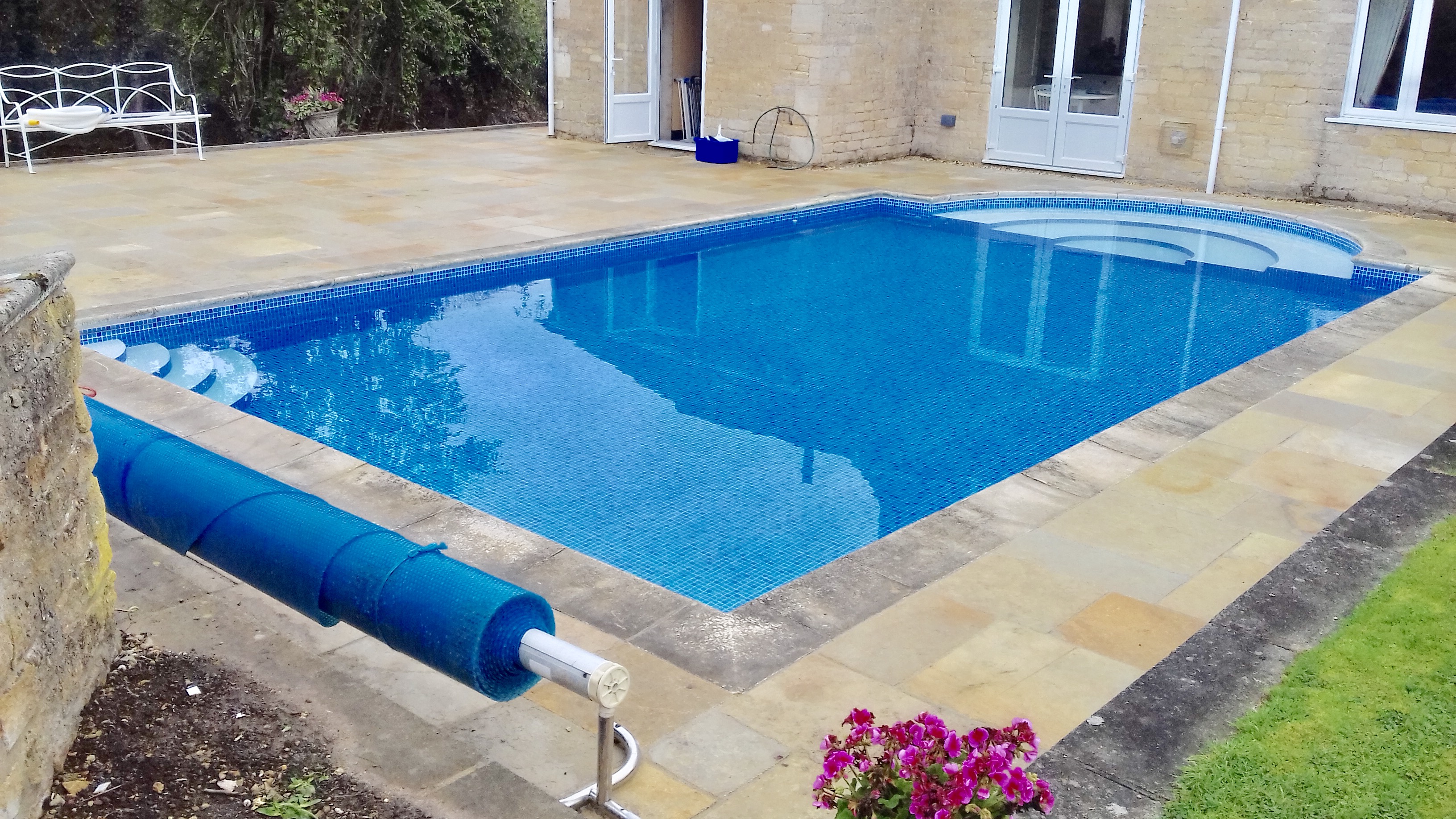Why Is The Calcium Hardness In My Swimming Pool High?
The quantity of calcium ions present in the water is referred to as calcium hardness, a crucial component of the chemistry of pool water. It’s critical to comprehend why high calcium hardness levels are occurring and how to address them because they can lead to a number of issues in swimming pools. We’ll look at the causes of excessive calcium hardness levels in this blog post, along with some solutions.
Hard water
Hard water is one of the most frequent causes of elevated calcium hardness levels. High concentrations of calcium and magnesium ions found in hard water are easily soluble in pool water. The calcium hardness levels may increase as a result, resulting in scaling on the pool’s walls, floor, and equipment.
High pH levels
High pH levels are a typical contributor to high calcium hardness levels. When the pH is too high, calcium ions may precipitate out of the water and build up as scale on the pool’s walls and floor.
Overuse of calcium-based chemicals
Calcium-based chemicals, such as calcium chloride, can also contribute to high calcium hardness levels. When applied excessively, these chemicals have the potential to boost the calcium hardness levels in the pool to unacceptably high levels.
Evaporation
Evaporation can also be the root of high calcium hardness levels. Calcium and other dissolved minerals are left behind as water evaporates, and this can result in an increase in calcium hardness levels.
You must reduce the pH of the pool water in order to correct high calcium hardness levels. A pH decreaser can be used to do this. It’s crucial to frequently test the water in your pool to make sure the pH is between 7.2 and 7.8.
Using a calcium hardness reducer is another method for reducing high calcium hardness levels. This substance will aid in the water’s removal of extra calcium ions. It’s critical to utilise the right dosage and adhere to the manufacturer’s recommendations.
In conclusion, a number of variables, including hard water, high pH levels, excessive use of calcium-based compounds, and evaporation, can result in high calcium hardness levels. You must use a calcium hardness reducer and a pH decreaser to bring down the pH of the pool water in order to address high calcium hardness levels. It’s crucial to test your pool’s water frequently, and if you’re unclear how to correctly maintain your pool’s water chemistry, you should speak with an expert.

